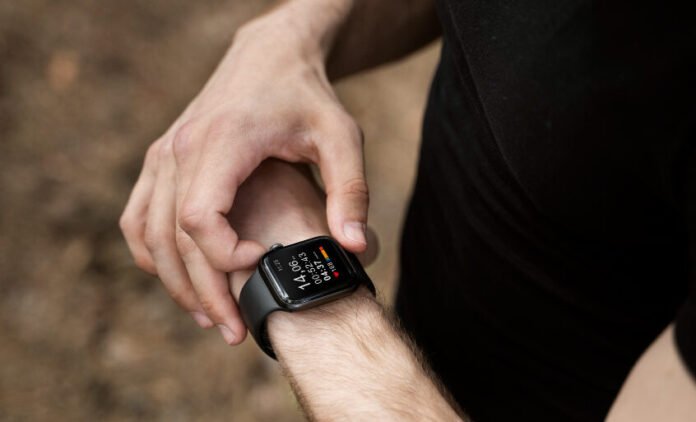Research shows real-time health tracking from smartwatches leads to increased anxiety, suggesting a need for less frequent notifications
A recent study has revealed that more than half of smartwatch owners feel increased stress about their health, with continuous health monitoring and notifications exacerbating anxiety. Devices such as smartwatches are increasingly used to track vital health indicators, including blood pressure and blood sugar levels, with alerts sent to users when issues arise. However, a report from market research company Mintel found that this constant stream of data often leads to heightened worry, rather than the reassurance users expect.
The Mintel survey, which included over 2,000 smartwatch owners, highlighted that the continuous flow of information can overwhelm users, making them more anxious about their physical condition. While these devices offer valuable health insights, particularly for those managing chronic conditions like high blood pressure or Type 2 diabetes, they may not always provide the peace of mind they were intended to deliver.
Women aged between 25 and 44 are the most frequent users of smartwatches, but their numbers drop sharply in older age groups. According to Mintel, one in four people in the UK owns a smartwatch, but the device’s popularity declines significantly for those aged 45 and over.
Experts have raised concerns about the impact of incessant health tracking, with Joe Birch, a senior analyst at Mintel, noting that the real-time monitoring of health can trigger heightened health anxiety. Birch suggests that smartwatch manufacturers, such as Apple and Garmin, should consider offering options that limit constant alerts or provide a less intrusive health tracking mode that only reports on potential issues like an irregular heartbeat.
Embed from Getty ImagesCecilia Mascolo, a professor at the University of Cambridge, agreed that smartwatches provide useful health data but stressed the need for more research on how and when users should be notified about health issues. She believes that while the technology holds enormous potential, the current approach to delivering health data is not yet perfect. Mascolo suggested that better customisation options and less frequent notifications could help alleviate stress for users.
The report also pointed out that older women, in particular, are more likely to feel stressed about their health, although only a small percentage own a smartwatch. This gap may reflect concerns over how these devices could impact their health anxiety.
Mintel has recommended that smartwatch brands encourage “digital detoxes,” allowing users to disconnect from their devices periodically to reduce stress. It has also called for more basic smartwatch models that limit functionality to essential health indicators, which could offer a more balanced approach for users worried about their well-being.
Despite these concerns, experts agree that the potential of wearable health technology is vast, with many seeing it as an important step forward for personal health management and medical research. However, to ensure that these devices do not increase stress, manufacturers will need to refine their approach and allow users greater control over their health monitoring experience.
